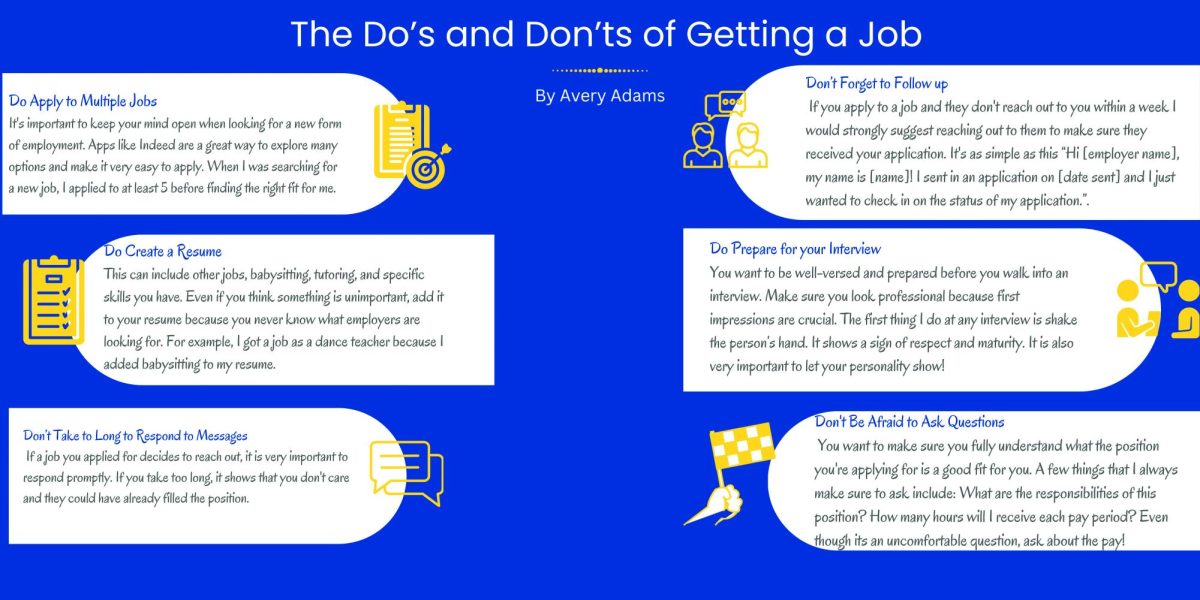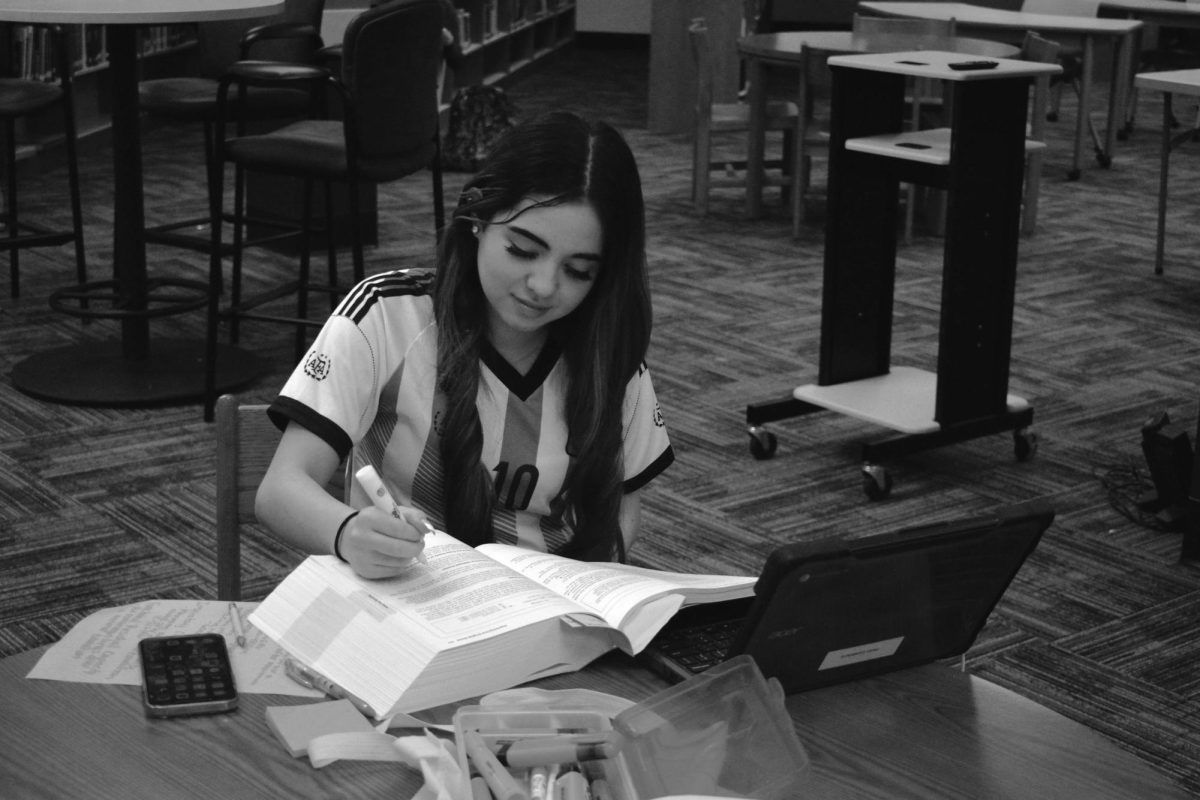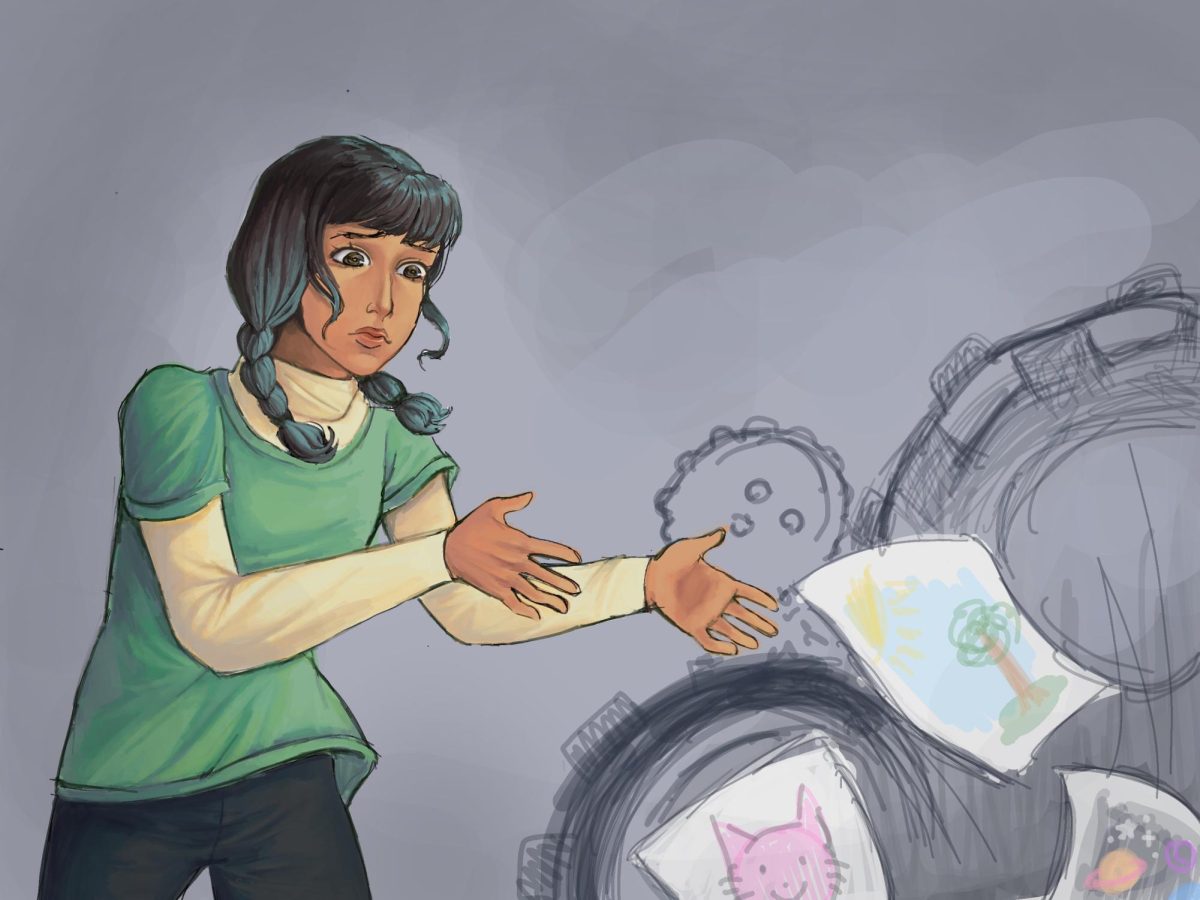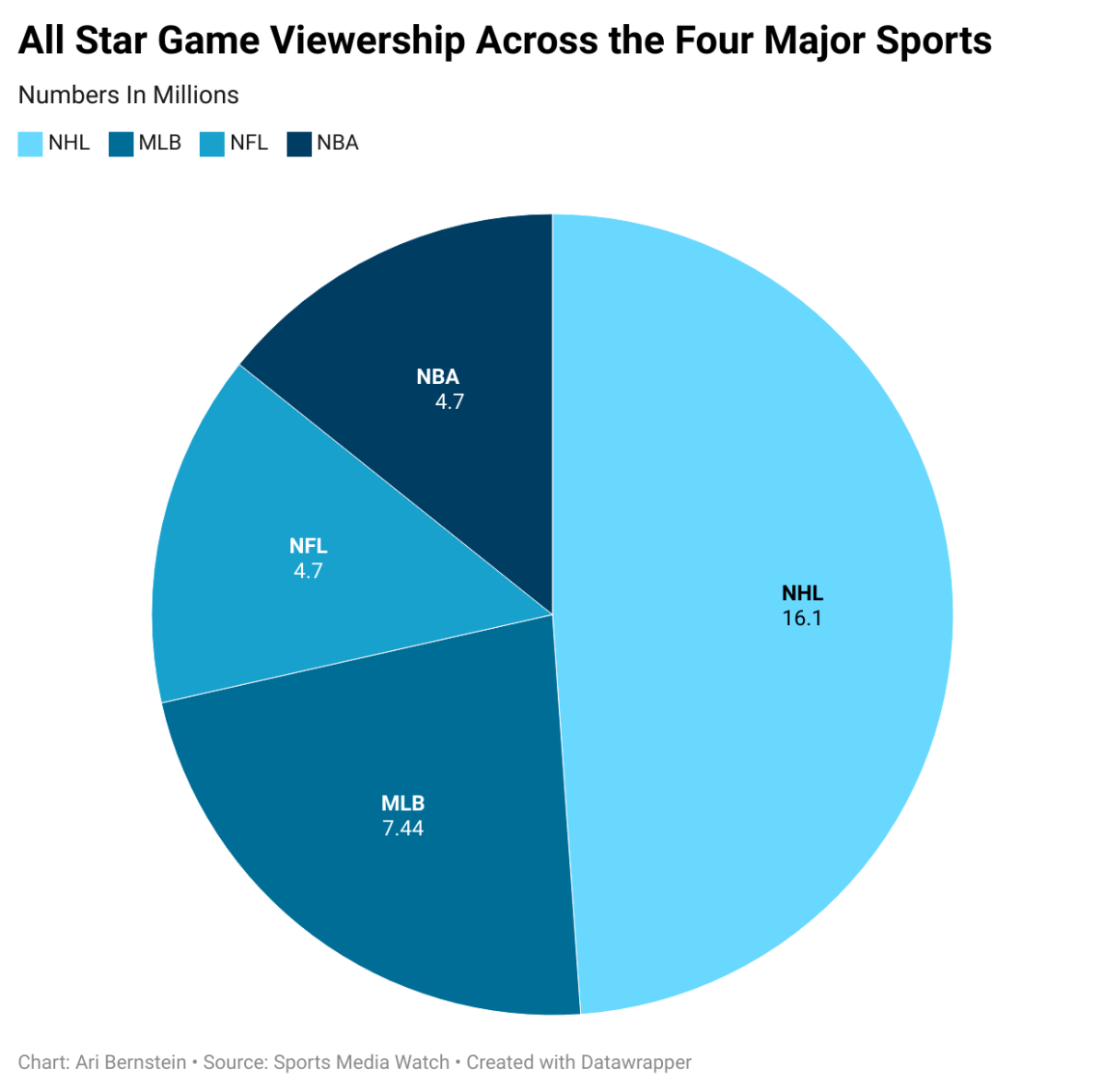Just three months ago, Oklahoma high school senior Kaitlin Nootbaar was preparing to deliver her valedictorian speech. She spoke excitedly about possibilities of where her future could lead her.
Hours upon hours of writing and revising all lead to the moment when she could show all of her classmates, their families, and her own family how hard she’s worked to get to the top of her class.
When the day arrived, she stood in front of hundreds of people and told them what many of us are thinking; she doesn’t know where the future will lead her.
She talked about people asking her what she wants to be when she grows up, and she responded “How the hell should I know? I’ve changed my mind so many times.”
When Kaitlin and her father showed up at her school this August to pick up her diploma, the principal had it in front of him but wouldn’t give it to her.
Why? He said her speech at graduation used “inappropriate language for a graduation exercise.” He told her that she could have her diploma if she wrote a letter of apology to her classmates and administrators.
This graduation speech, this innocent confession of something every high school senior can identify with, is called out for being inappropriate, but walking the halls in any school, you hear a variety of words and conversations, some more friendly than others.
People use words to express themselves and show how they’re feeling.
In high school, the most offensive, hurtful words are thrown around like they’re nothing by kids all over the country. This begs the question, Where is the line drawn?
As long as the language used isn’t directed toward another person or group of people, why would anyone have an opinion about it? An expression of frustration, anger, sadness or excitement is in one category.
These words are harmless, and in most cases, meaningless. They’re fillers, substitutions when the mind is so bombarded with emotion that the first word that comes to mind is one with the strongest connotation.
It’s when we get personal that a problem arises. People have begun to use words as weapons. Often when people don’t get what they want, they regress to the juvenile system of “You hurt me, I hurt you,” throwing racial slurs, religious insults and aimless profanities at each other.
Beyond that, if you disregard the connotation attached to these words, they’re just more pieces of language. Letters are strung together to make words that take on whatever meaning society gives them. This adds a greater responsibility most people fail to acknowledge.
As high school students, we should be respected enough to exercise conscientiousness in our free speech. We should be able to be happy, or angry or emotional and not be punished for expressing that. When this right gets out of hand, it’s necessary for an authority figure to step in.
A person can’t defend bullying with their First Amendment rights, and words can definitely hurt. However, particularly in the case of Kaitlin Nootbaar, authority can be taken too far.
In a misguided attempt to shelter students, a successful, intelligent student was punished.
While it’s important to make sure everyone is safe and comfortable at school, non-offensive language shouldn’t result in disciplinary action.







